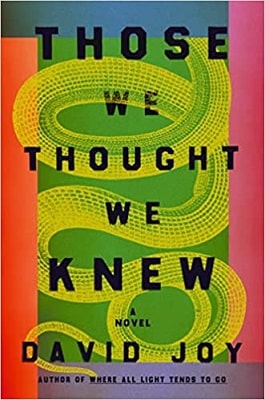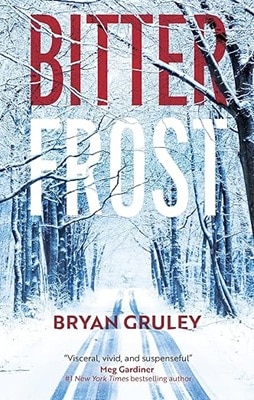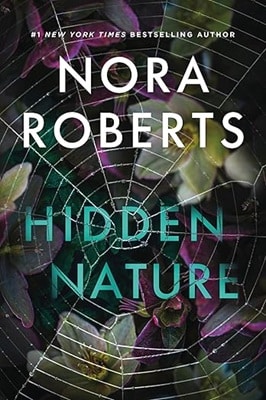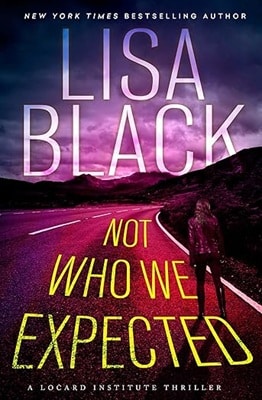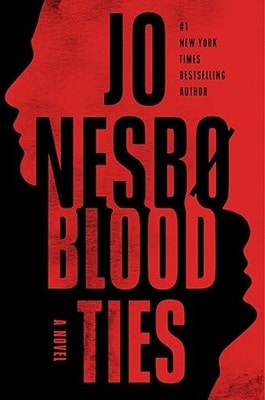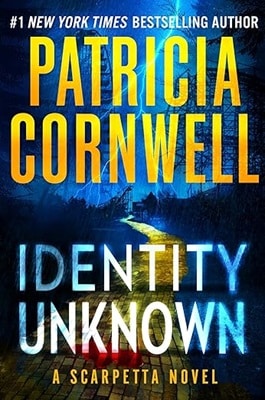The novel is written with lush descriptions of people, life, nature, and of topics of such complexity and nuance, a mere encapsulation of what is contained between the covers is very difficult to do in an adequate manner.
As of yet, Those We Thought We Knew has turned out to be one of the most difficult books I have reviewed. Not because of the lofty and troubled heady subject matter, but because adequate words for a review even closely worthy of the content of the novel have been hard to come by.
Though the novel deals with serious crimes and dark aspects of American history and culture, it is not necessarily a depressing novel. For most, it should create an internal debate within one’s own mind, resulting in thought-provoking examinations of what it means to be an American and how our history impacts us all and will continue to do so within the future of this divided nation.
Joy’s novel examines today’s continuously evolving opinions of social and cultural issues regarding race, slavery, heritage, symbols, and the Confederacy, and in a way that illuminates ghosts of our past to be visible to all, while colliding with contemporary culture and society.
The main human characters within the novel include Toya Gardner, her grandmother Vess Jones and Sheriff John Coggins.
Toya Gardner, is a young Black female artist of renowned talent with a very promising future and has returned home to stay with her Grandmother in rural North Carolina while completing university coursework.
While back home, Toya orchestrates and participates in acts of civil disobedience that ignites a regional fire that brings national attention to the region. These acts, justified by some, vilified by others, bring racial and historical matters of the past to the forefront of current times and the future.
While many residents in the novel believe it is more than time for this to happen, there are also those that feel otherwise and blame Toya for creating the turmoil in their opinion that did not have to happen.
Vess Jones, Toya’s grandmother, is a longtime friend of Sheriff John Coggins, an older white man on the edge of retirement. Coggins and Vess’s deceased husband, Lonnie, were best friends from childhood and until his death, enjoyed many, many times together.
Coggins, mistakenly believes loving relationships are more than enough to exist in a world of latent divides, soon is forced to realize just because certain things are not talked about, even among friends, does not mean they do not exist.
During all of this, two deputies have come across a man thought to be a passing through transient sleeping in his car. In searching the vehicle, troubling items are discovered in the man’s possession. These items include a white hood, bed sheet, firearm, and a spiral notebook containing names and telephone numbers of powerful and prominent people in the region. This discovery leads to further crimes and turmoil, further exposing ancient divides within the area that have for too long existed and have been hidden for a number of reasons.
In Those We Thought We Knew, Joy again brings forth ideas, concepts and beliefs that upon first reading are camouflaged and are more powerfully revealed with one’s deeper thinking and study. To some, such things are readily apparent, but to others, ignorance may just bring forth a sense of unwarranted bliss.
Those We Thought We Knew is highly recommended to those readers that do enjoy dark tales of the South, but also to readers that enjoy being pushed into thinking about difficult topics captured in a book where beauty and nuance are further realized the more one thinks about them.
Netgalley provided a copy of Those We Thought We Knew in return for a fair review and is set to be published in August of 2023.

